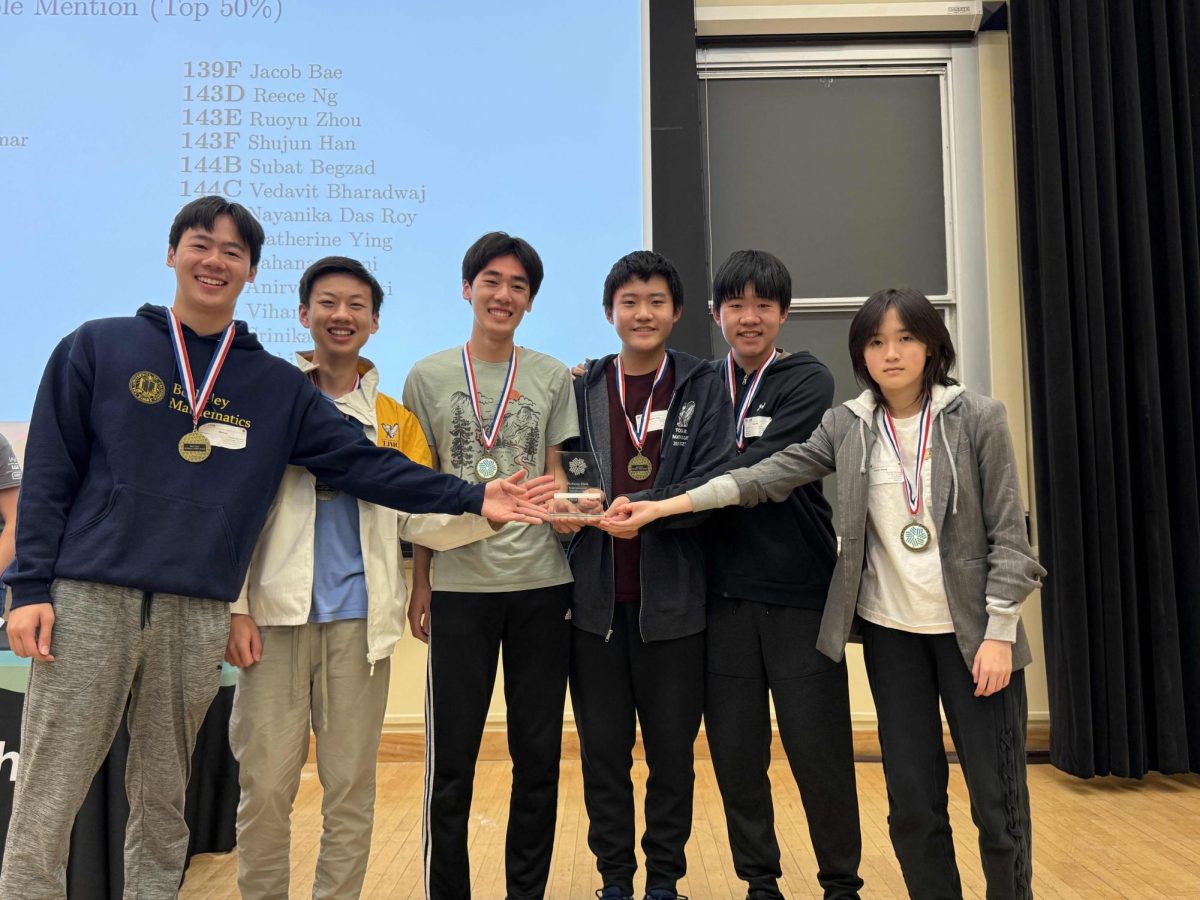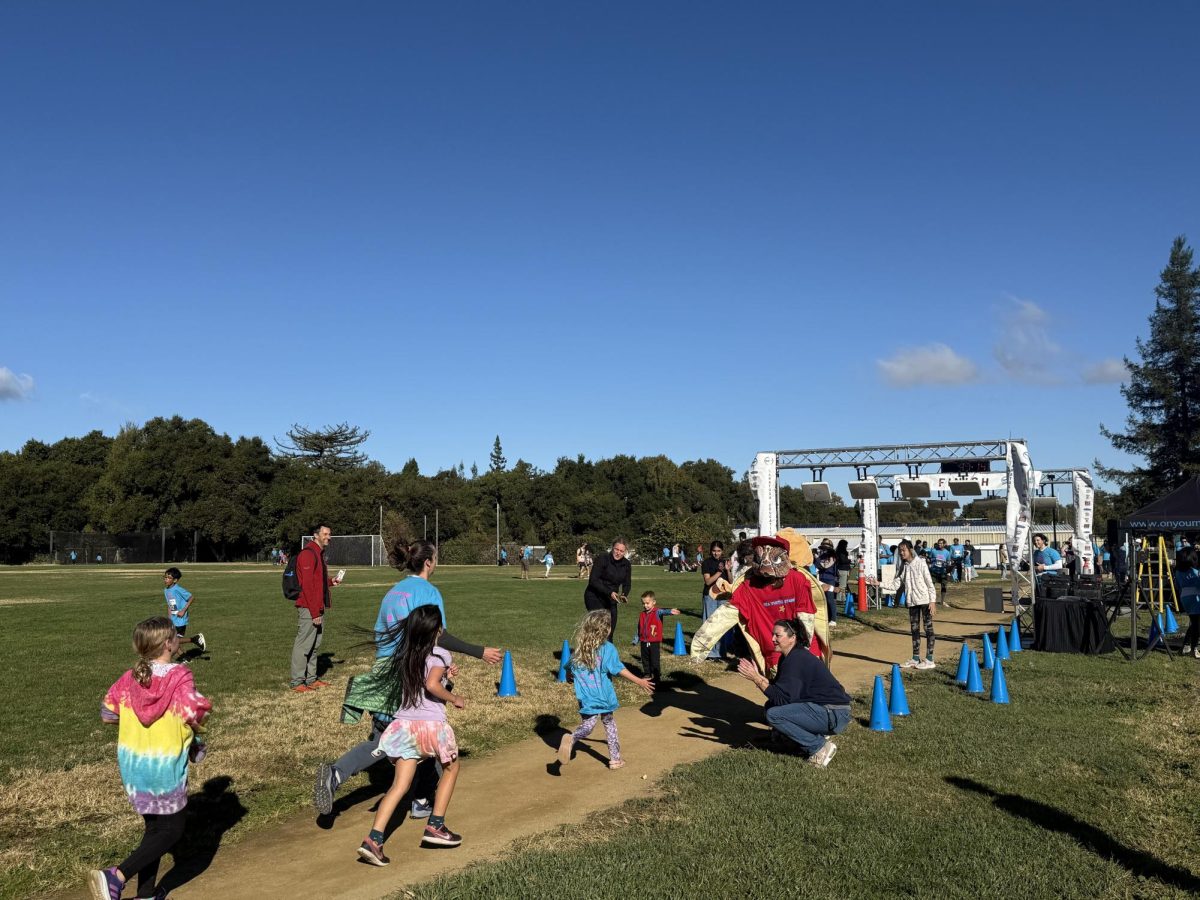Juniors across California are participating in the “Smarter Balanced Assessment” (“SBAC”) this spring — tasked with numerous multiple-choice and free-response synthesis based questions in math and English. At the school, the test spanned two days for alternating groups of juniors over the week of the March 19, replacing regularly scheduled morning periods.
The question that comes into many students’ minds is how hard they should try when faced with a seemingly meaningless test. After all, the thinking goes, the scores are not sent to colleges, so they must be irrelevant.
My suspicion is that most students take the test nonchalantly, while some even purposefully sabotage their performances — in both cases walking in with the attitude that their individual score does not matter.
This attitude, however, is precisely what has to change.
Standardized tests, although undoubtedly another burden, are the major-determining factors in a school’s API score. The higher an API score, the more academically rigorous and competitive a school is considered to be. For instance — in 2013, Los Gatos High was reported to have an average API score of 883, while Saratoga came in 51 points ahead at 934.
These API scores are often the only quantitative data colleges have when weighing a 4.0 GPA at one school vs. another; with the limited amount of time admission officers have to read thousands of applications, comparing one student with a 4.1 GPA at a school with a 700 API score versus a student with a 4.1 GPA at a 950 API score can often mean the difference between admission and rejection.
According to assistant principal Brian Saffine, students are not being asked to take the test on their own time, but rather are taking it instead of going through normally scheduled coursework.
“All we are asking of students is for them to sit behind a computer screen and do their best work on the school’s time,” Saffine said. “These scores are the only way for us to compare [the school’s] performance against other schools in the state, so it is very important that our students take the test to the maximum of their ability.”
In addition, the California State University system allows students with strong performances on the SBAC to skip some college-level courses. For instance, if a student answers a certain math question correct, they are exempt from taking a high-level algebra class when they enroll at one of the CSU schools.
Although the latter does not affect that many students here, it still goes to demonstrate how there are literally no negatives to actually trying on the SBAC.
If students are going to complain about how no one understands that Saratoga High is tougher than most other public schools, they might as well just put their best effort into the SBAC to prove it.





























